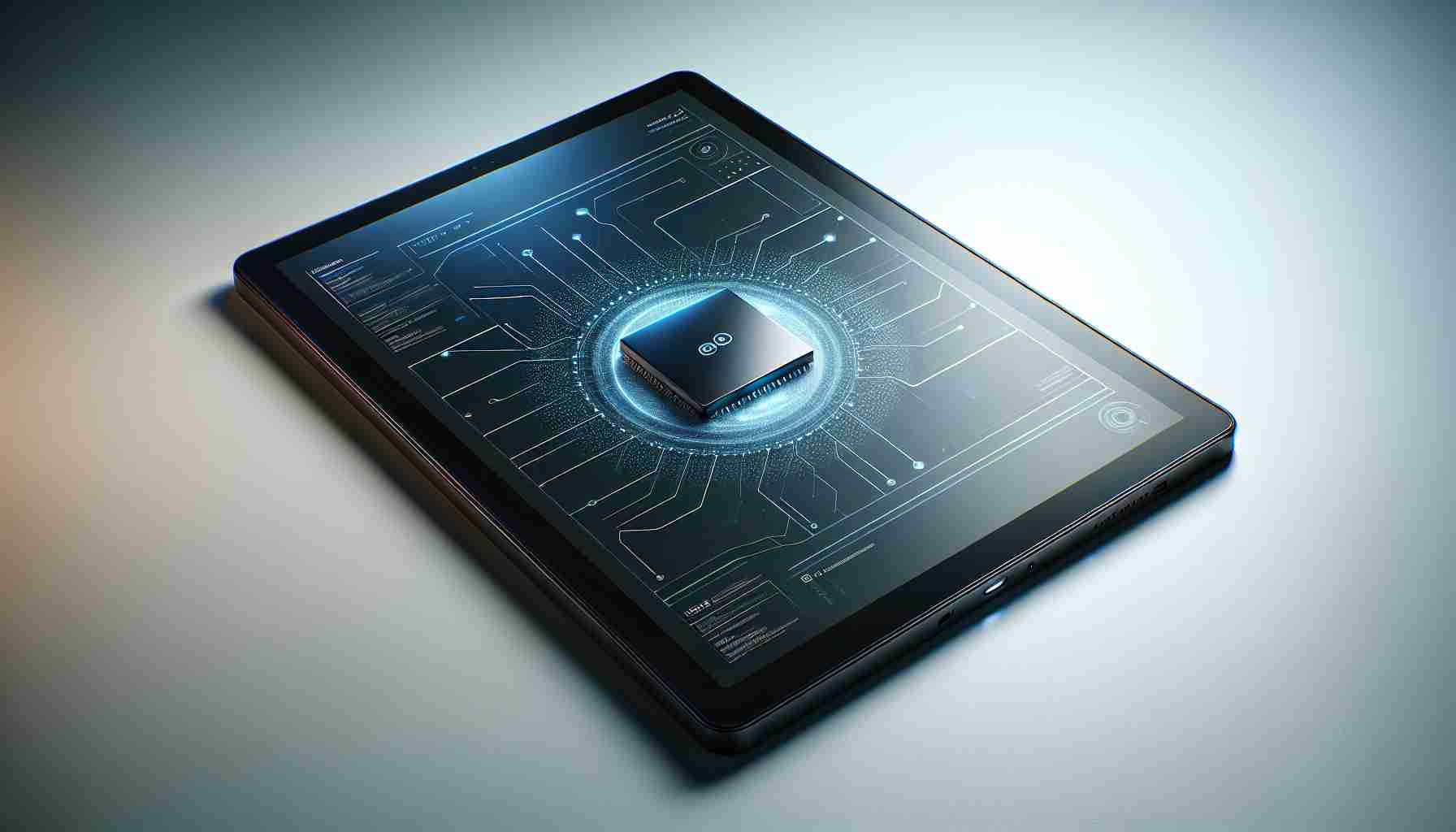Big leap for iPad Pro
Apple is set to revolutionize their iPad Pro lineup by integrating the groundbreaking M4 chip, making it the central attraction in their next announcement. This latest development promises to significantly bolster the tablet’s capabilities, especially in the realm of artificial intelligence applications—a field where Apple aims to establish a strong foothold.
The future of Apple chips
Traditionally, the M series chips commenced their journey within the Mac universe before gracing the interiors of the iPad Pro, and later the iPad Air. The shift to M4, bypassing M3, for their high-end tablet series underlines Apple’s audacious approach and their commitment to staying ahead of the competitive curve.
Mark Gurman of Bloomberg hints at Apple’s ambitious stride, where the tech giant envisions branding the new iPad Pro as the pioneer in their AI-first strategy. This is in direct response to the burgeoning AI wave that has captivated the tech world.
Clues and proofs
Speculation regarding this significant update was substantiated when tech analysts stumbled upon firmware signifying four new iPad models in recent iPadOS beta files, signaling an imminent product refresh.
Adding to this, an undisclosed tipster revealed a potential Apple Silicon chip trajectory specifying the existence of a mysterious “T8132” chip, believed to be the M4, considering the patterns observed in Apple’s chip naming conventions.
What to expect from the new iPads
Apple’s next iteration of the iPad Pro isn’t just about raw power; it’s poised to feature vibrant OLED displays and a sleeker build. The company is also working on expanding their iPad Air family and refreshing accessory lines, including an updated Magic Keyboard and a more sophisticated Apple Pencil equipped with location-tracking and interactive gestures.
The tech scene is eagerly awaiting Apple’s event on the forthcoming Tuesday, May 7, where the new flagship tablet and other exciting innovations will take center stage.
Apple’s AI Ambitions
Apple’s plan to debut an iPad Pro with an M4 chip fits into a broader strategy to enhance the performance of their devices in artificial intelligence (AI) applications. Apple has been investing significantly in AI across their products, evident in features such as Siri, Face ID, and the Neural Engine for image and speech recognition.
Significance of M-Series Chips
The M-series chips signify Apple’s shift to in-house silicon, which began with the M1 chip. This move offers improved performance and efficiency over previous Intel-based chips. The progression to an M4 chip indicates that Apple is accelerating its silicon development, potentially leading to leaps in computational capabilities and power management.
Market Impact and Competition
Apple’s decision to upgrade its iPad Pro line with an advanced chip could further consolidate its position in the high-end tablet market. By emphasizing the AI capabilities of its devices, Apple is likely gearing up to compete more aggressively with tech companies dominating the AI landscape, such as Google and Nvidia.
Challenges and Controversies
Apple’s aggressive upgrade cycle raises questions about the environmental impact and sustainability of their products. There is also continuous scrutiny regarding repairability and the right-to-repair movement, which argues for consumers’ ability to repair and modify their own devices.
Advantages
The new M4 chip will likely offer improvements in speed, efficiency, and battery life. Integration into the iPad Pro suggests that these tablets will become more powerful and capable, perhaps approaching the performance of laptops, which could benefit professionals who rely on portable computing.
Disadvantages
Upgrading to the latest technology can introduce incompatibilities with older accessories or software. Additionally, there is a financial disadvantage for consumers who wish to stay up-to-date with the latest hardware, as these devices come with premium price tags.
For further information, you can visit Apple’s main website: Apple.
The source of the article is from the blog myshopsguide.com
